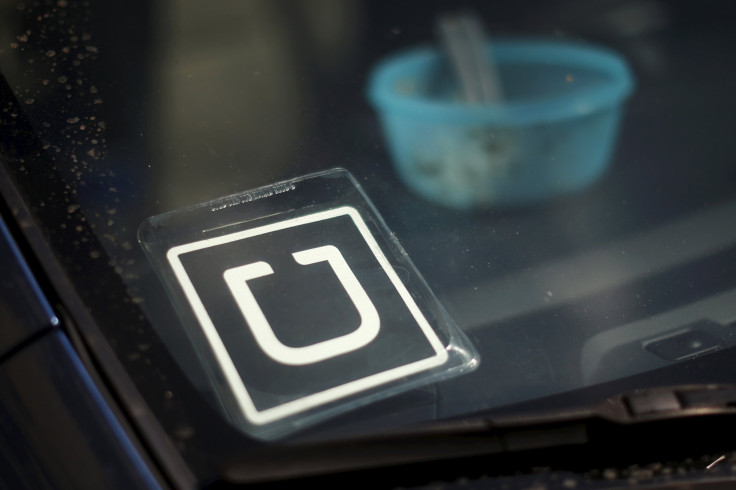Uber Drivers Gain Class-Action Status In Lawsuit That Could Reshape An Emerging Industry

A U.S. judge issued a ruling Tuesday that will allow hundreds of thousands of Uber drivers in California to pursue a lawsuit against the ride-hailing company as a class action. The decision could culminate in Uber paying tens of millions of dollars in damages and force the company and several others to restructure their business models.
U.S. District Judge Edward Chen said the plaintiffs in the lawsuit against Uber "met their burden to show that a class can be certified." By allowing the case to proceed as a class action, as many as 160,000 Uber drivers could file claims against the company. Chen's decision will allow most Uber Black and UberX drivers who have worked for the company in California as contractors to file a claim.
"In sum, this decision is a major victory for Uber drivers," said Shannon Liss-Riordan, the lead attorney representing the Uber drivers, in a statement. "It will allow thousands of Uber drivers to participate in this case to challenge their misclassification as independent contractors, as well as to attempt to recover the tips that Uber advertised to customers are included in the fare, but are not in fact distributed to the drivers."
Tuesday's decision means California drivers will be able to sue Uber collectively rather than individually, but the case will likely not be decided until next year. Should Uber lose, it could faces millions of dollars in damages. Additionally, if the San Francisco company is forced to reclassify its drivers as employees rather than contractors, it could see an additional $208.7 million in annual costs, according to Re/code. The result of the case also could set a precedent for the wider sharing economy, which includes companies like Lyft, Airbnb and others like Instacart.
"The decision certainly raises the already-high stakes for Uber and similar companies in these cases," said Earle Miller, counsel at White & Case, an international law firm with many clients in the tech industry.
The original plaintiffs in the case argue they should be considered Uber employees for their work. They said Uber should also be forced to pay them for the expenses they've accrued while driving for the company, such as gas and vehicle maintenance costs. Currently, drivers have to pay those kinds of expenses themselves.
In arguing against giving the case class-action status, Uber presented testimony from 400 drivers who said they would like to keep their status as contractors, but Chen rejected the argument saying Uber's evidence was "statistically insignificant," according to the San Jose Mercury News. Uber said it will likely appeal the decision.
“While we are not surprised by this Court's ruling, we are pleased that it has decided to certify only a tiny fraction of the class that the plaintiffs were seeking," an Uber spokeswoman said in a statement. "Indeed one of the three named plaintiffs will not qualify.”
© Copyright IBTimes 2025. All rights reserved.




















